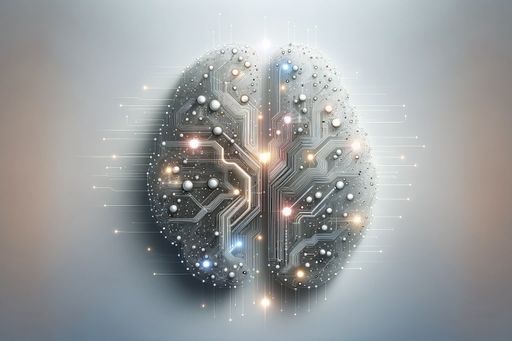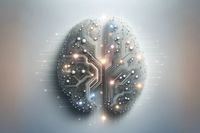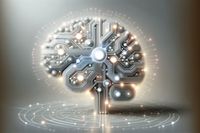Supreme Court Chief Justice Raises Concerns About Artificial Intelligence in Judiciary
Supreme Court Chief Justice John Roberts has expressed concerns about the increasing presence of artificial intelligence in the US judicial system, warning that it could dehumanize the law and jeopardize fair treatment in the justice system.

Roberts Warns of Dehumanizing the Law
In an annual report released on Sunday, Supreme Court Chief Justice John Roberts raised concerns about the potential risks posed by artificial intelligence in the US judicial system. He warned that while AI has the potential to increase access to key information for lawyers and non-lawyers, it also risks invading privacy interests and dehumanizing the law.
Roberts acknowledged the positive changes brought about by new technology in the federal court system. However, he highlighted the need for caution and humility when it comes to embracing AI in courts.
The chief justice expressed concerns about the persistent public perception of a 'human-AI fairness gap,' suggesting that people still believe human adjudications are fairer than AI-generated decisions. He also pointed out a flaw in one prominent AI tool that led lawyers to submit briefs with citations to non-existent cases.
AI's Potential in Making Courts More Accessible
While expressing his reservations about a wholesale adoption of AI in courts, Roberts acknowledged the potential of AI to make courts more accessible to those who lack resources to hire an attorney. He believes that AI tools can help bridge the gap between available resources and urgent needs in the court system.
The chief justice also mentioned the ongoing efforts by the Judicial Conference to examine AI's proper uses in litigation. He predicts that AI will significantly affect judicial work, particularly at the trial level, but he remains confident that human judges will continue to play a vital role in the justice system.
Roberts emphasized the importance of studying AI's impact and ensuring its proper implementation in order to maintain the fairness and integrity of the judicial process.
Year-End Report Highlights Supreme Court Caseload
In addition to addressing AI concerns, Chief Justice Roberts' year-end report highlighted key statistics on the caseload handled by the Supreme Court in the previous term. The number of cases filed to the high court decreased by 15% compared to the previous year, and 68 cases were argued before the justices.
While the report did not delve into major disputes involving former President Donald Trump or issues of ethics and transparency, it did emphasize AI as the major issue relevant to the federal court system as a whole.
Roberts concluded by welcoming the efforts to examine AI's proper uses in litigation and reaffirming his belief that human judges will continue to play a crucial role in the judiciary, albeit with significant influence from AI technology.



